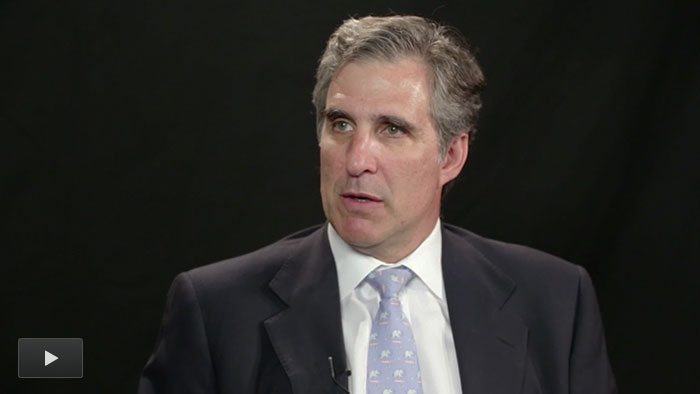Watermill’s Competitive Advantage
Steve Karol, managing partner and founder of The Watermill Group, discusses why a fundless strategy has worked for his firm for over 30 years.
Watermill has seen private equity evolve significantly since the 1970s, from an industry that was once dubbed ‘bootstrapping,‘ to a developed asset class largely characterized by raising equity from large institutional investors and pooling them in large funds.
Watermill, however, doesn’t invest committed funds—a strategy it has developed during the course of its thirty-plus years in business. Instead, the firm’s strategy is centered on acquiring valuable companies, and raising necessary funds by tapping investors on a deal-by-deal basis.
“We’re seeing an increase in the amount of people who are trying to do deals without funds,” says Karol. “There’s significant change in the dynamics of the private equity industry.”
He explains that fund investing, like any other industry, experiences a peak that is followed by decline and consolidation. The major funds are in a period of slight struggle in fundraising, while boutique funds are faring better with more refined strategies.
Meanwhile, the medium funds are deep in decline, according to Karol. “They’re spinning out partners or managers and those people are trying to do what they learned how to do without funds,” he says. “And they’re a lot different than we are because we’ve been doing this for over thirty years our way.”
Karol says that industry-wide, the rise of the fundless sponsor remains relatively new as many sellers still scoff at the term. However, he adds that the firm’s longevity has provided an extensive list of intermediaries, sellers and investors who vouch for the firm’s ability to close a deal.
“Because we’ve been around for so long, we can just say look at our track record…” says Karol.
Advantage 1: Total Alignment
The strategy benefits LPs from an incentive standpoint because it fully aligns them with Watermill.
“Without a fund, we don’t take any management fees so nobody has to pay us for seeking deal opportunities, which is all done internally,” says Karol.
Advantage 2: Reaping Rewards
Watermill funds its own overhead. At the completion of deals, the firm collects 25% rather than 20%. That extra five is in exchange for not having taken the 2% up front.
According to Karol, “Investors like this setup because they collect a win if we collect a win; but if they don’t get a win, neither do we.”
Advantage 3: Raising Investors
Watermill has cultivated a network of about fifty ultra-high net worth investors , many of whom are self-made and accomplished in various fields. They become potential board members and advisors to acquired companies. The firm gains committed capital and committed talent.
Karol says: “When we weigh deals, we call our investors if they have expertise in it. It’s better than due diligence because we don’t have to pay an MBA grad to learn about an industry. We have someone who has made a lot of money in it. It’s a large pool of resources that’s more valuable than money to us.” ■
The founder of The Watermill Group discusses how a fundless strategy benefitted the firm for over thirty years.

